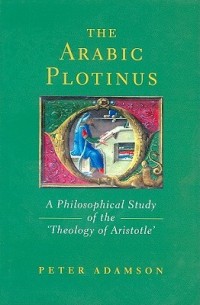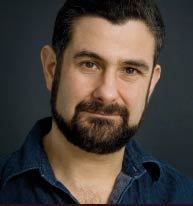
The Arabic Plotinus
تأليف : Peter S. Adamson
النوعية : الفلسفة والمنطق
نعتذر، هذا الكتاب غير متاح حاليًا للتحميل أو القراءة لأن المؤلف أو الناشر لا يسمح بذلك في الوقت الحالي.
حفظ
"The Arabic Plotinus" was the most important source for Neoplatonic ideas in the Arabic world. Falsely attributed to Aristotle and known
as the "Theology of Aristotle", the Arabic version of Plotinus' "Enneads" was influential on Muslim philosophers from al-Kindi to Avicenna and beyond. This book is a study of the philosophical transformation undergone by the works of Plotinus when they were rendered into Arabic as the "Theology". The translator's approach to Plotinus was creative and historically decisive: he tried to make Neoplatonism compatible with the religions of Christianity and Islam, and to assimilate Plotinus to the thought of the genuine Aristotle. This study of the text is devoted to understanding the ideas and motivations of the translator who helped to determine how philosophers for centuries thereafter would confront Greek thought.
"The Arabic Plotinus" was the most important source for Neoplatonic ideas in the Arabic world. Falsely attributed to Aristotle and known
as the "Theology of Aristotle", the Arabic version of Plotinus' "Enneads" was influential on Muslim philosophers from al-Kindi to Avicenna and beyond. This book is a study of the philosophical transformation undergone by the works of Plotinus when they were rendered into Arabic as the "Theology". The translator's approach to Plotinus was creative and historically decisive: he tried to make Neoplatonism compatible with the religions of Christianity and Islam, and to assimilate Plotinus to the thought of the genuine Aristotle. This study of the text is devoted to understanding the ideas and motivations of the translator who helped to determine how philosophers for centuries thereafter would confront Greek thought.
المزيد...



